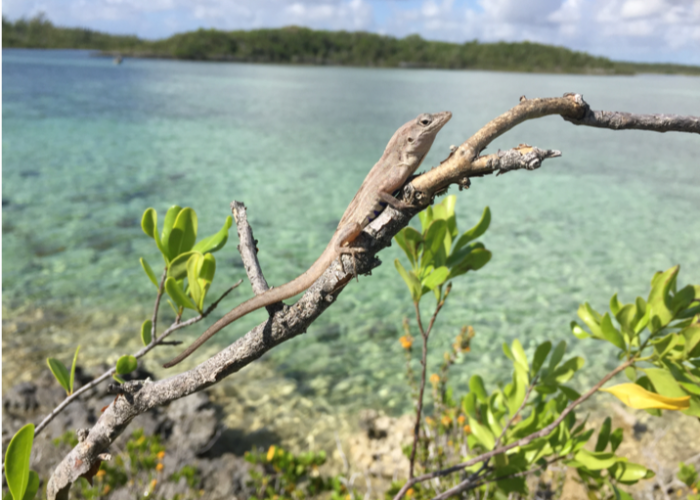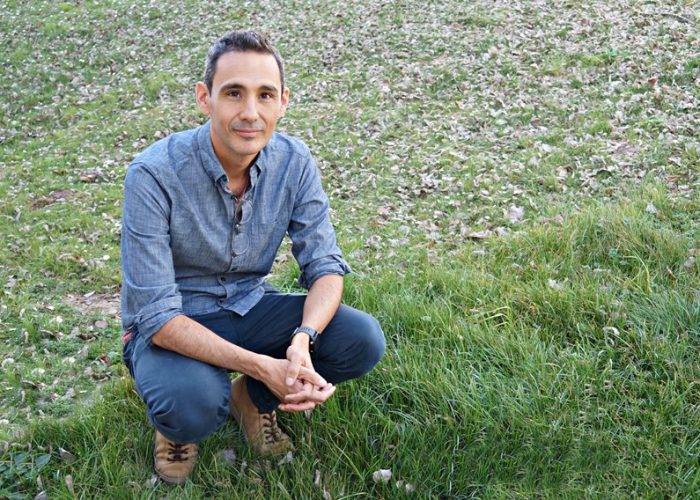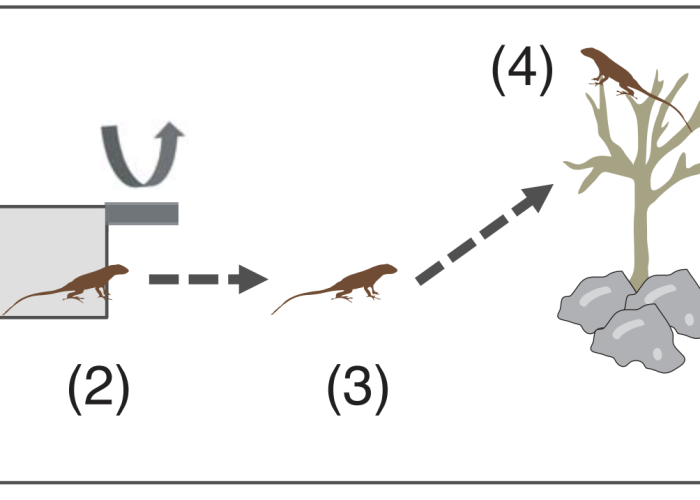
LAPIEDRA LAB
BEHAVIOUR AND EVOLUTION
ADAPTIVE DYNAMICS
Experimental evolution in the wild
Islands offer exceptional opportunities to study evolution in action. Their isolation, well-defined boundaries, and simplified ecological communities make them ideal systems for testing evolutionary hypotheses.
Small population sizes, limited gene flow, and strong environmental gradients amplify the pace of natural selection and genetic drift, allowing researchers to observe adaptation and divergence over short timescales.
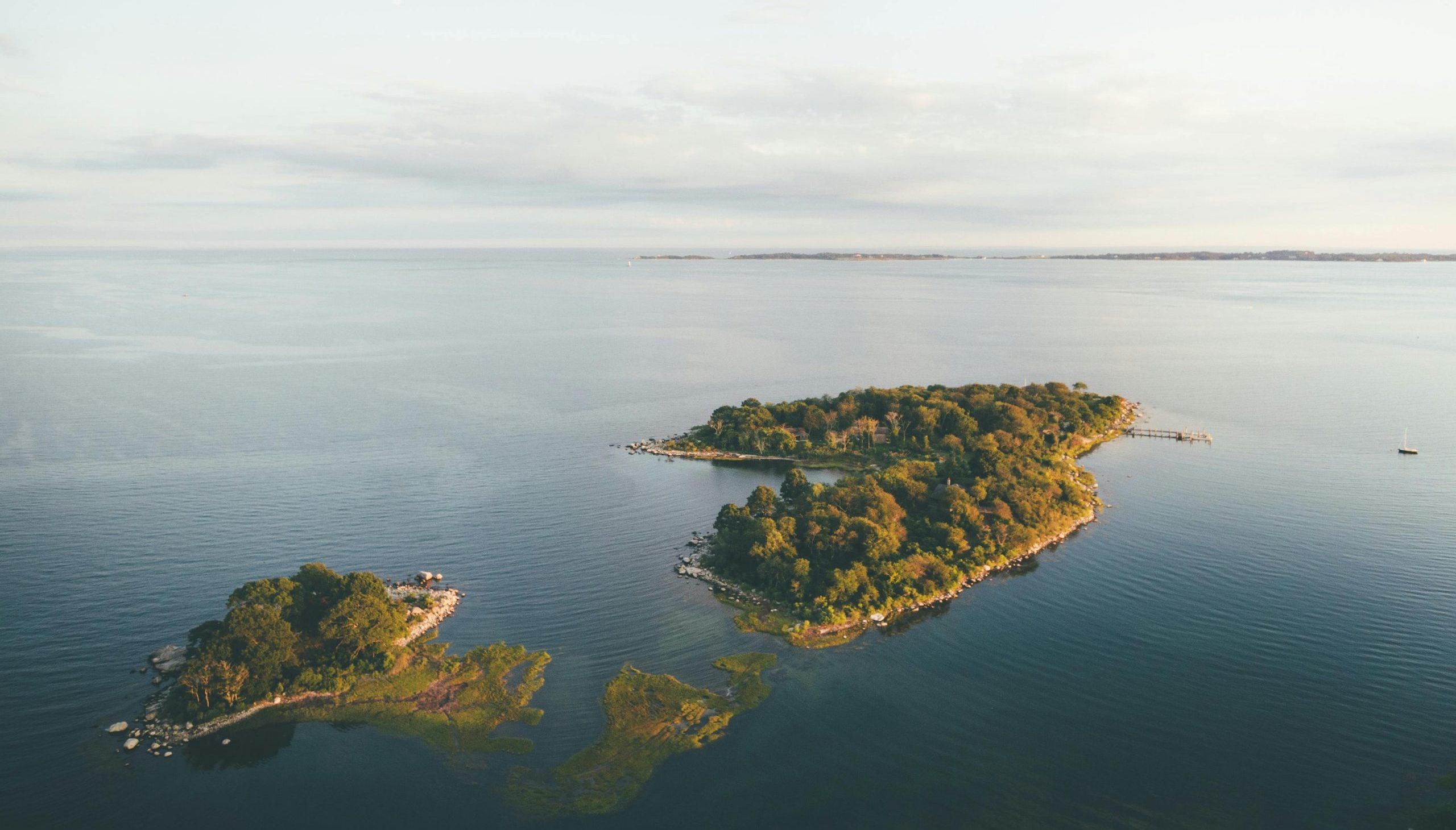
Since 2016, we've been using small islands in the Bahamas as experimental systems to uncover how animals adapt to new environments.
A LITTLE HISTORY
How fear drives evolution in the wild
On small islands in the Bahamas, the introduction of predatory curly-tailed lizards has transformed the behavior and body condition of brown anoles. By climbing higher to escape predation, these lizards face new ecological trade-offs that shape their survival and fitness. Through experimental evolution, we link these rapid behavioral shifts to their genetic foundations — revealing how fear and natural selection intertwine to drive adaptation in real time.


Major questions
How quickly can animal populations evolve in response to predation?
What genetic factors influence individual variation in behaviour?
How does behaviour-mediated selection reshape food webs and ecosystems?
Do behavioural and genetic changes persist across generations?
Can simultaneous selection on behavior and morphology accelerate evolution?
EXPLORE OUR RESEARCH
Behaviour as a driver of evolution
Behavioural shifts shape survival, energy flow, and evolutionary trajectories. By linking risk-taking to its genetic basis, we uncover how behaviour both responds to and fuels natural selection.
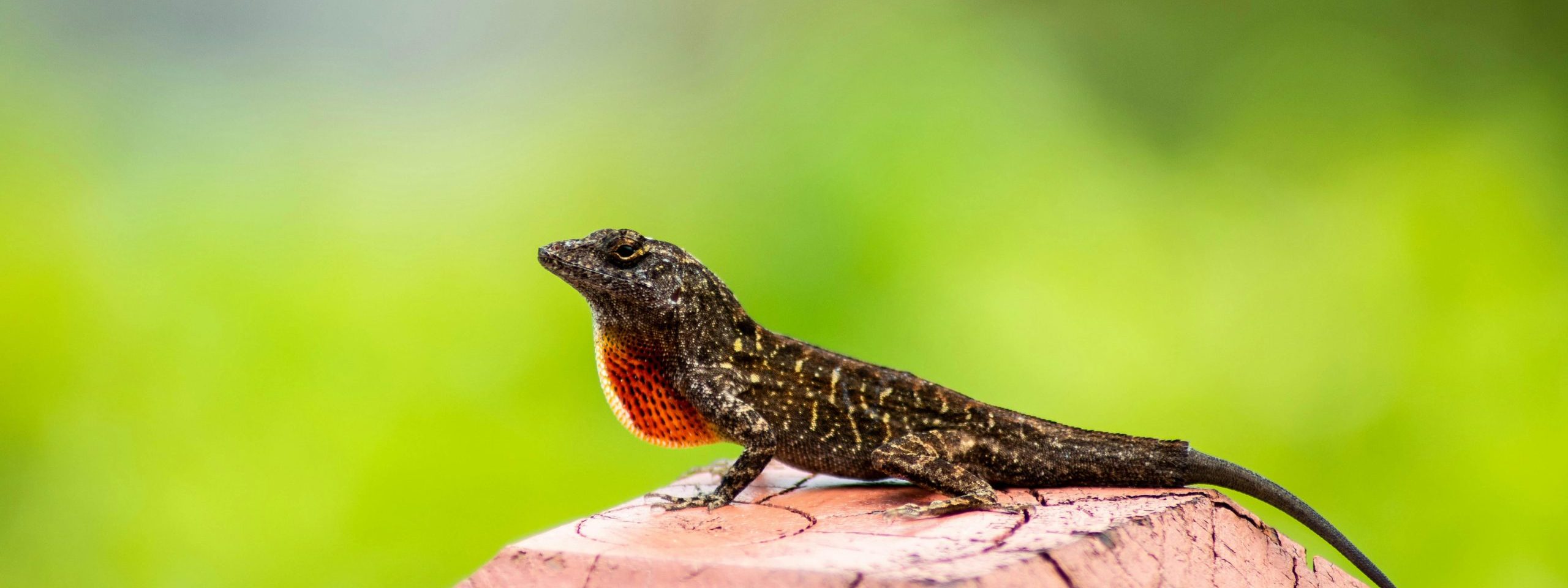
"Linking behavior to genes helps reveal how species adapt — and how these changes reshape ecosystems in a rapidly changing world."
LATEST NEWS
Team involved
STAY CONNECTED
MAILING ADDRESS
AFFILATIONS
o.lapiedra@creaf.uab.cat
Lapiedra Lab, CREAF
C Faculty of Sciences and Biosciences Building
08193 Bellaterra, Barcelona
Spain
Ramon y Cajal Researcher in the Department of Global Ecology at CREAF


